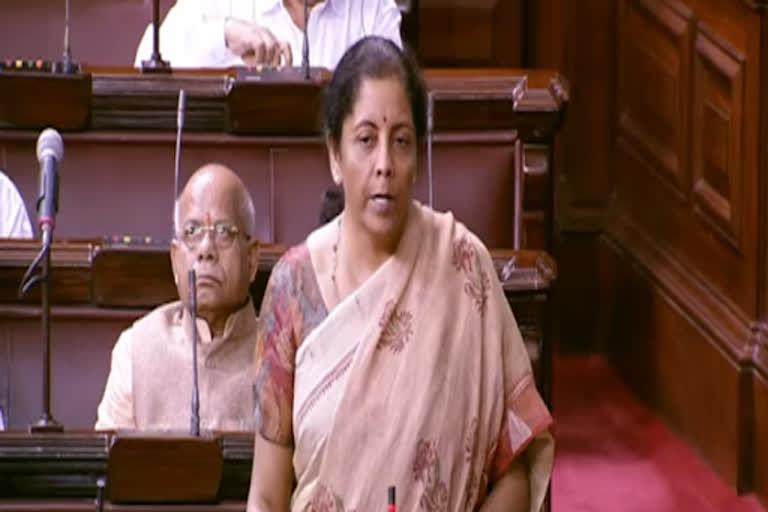New Delhi: Seeking to fill up the gaps in corporate insolvency resolution framework, Finance Minister Nirmala Sitharaman on Wednesday tabled a bill to amend the Insolvency and Bankruptcy Code, 2016.
The proposed changes in the bankruptcy law are aimed at completing the corporate insolvency resolution process (CIRP) within an overall time limit of 330 days including litigation and other judicial process, maximizing value for corporate debtor and plugging various loopholes.
Presently, the resolution plan for a bankrupt company has to be cleared within 270 days.
Once the amendments are cleared by Parliament and become law, it is expected that there would be clarity on allowing comprehensive corporate restructuring schemes such as merger, de-merger and amalgamation as part of the resolution plan.
Read More:Parliament approves General Budget 2019-20
Analysis of available data shows that there are delays in admission of applications and spillage of CIRP cases well over the time limit.
The amendments are expected to address the issue of sanctity of timelines for completion of the entire corporate insolvency resolution process and also maximize the outcomes envisioned in the Code.
The Union Cabinet last week approved the amendments in the bankruptcy law.
"The proposal is in line with the overall objective of the government to achieve the outcomes envisioned in the Insolvency and Bankruptcy Code and seeks to ensure speedier resolution of cases involving corporate debtors," the government had said.



